Francesca Albanese, the current United Nations Special Rapporteur on the situation of human rights in the Palestinian territories occupied since 1967, has recently found herself at the center of a contentious international debate. Her outspoken criticism of Israel’s military actions in Gaza has not gone unnoticed, leading to her sanctioning by the United States government.
Albanese’s journey to becoming the UN Special Rapporteur is grounded in her legal and academic background, with a focus on international law and forced displacement. Her expertise has been honed through work with organizations like the UN Relief and Works Agency for Palestine Refugees in the Near East (UNRWA). Her role involves independent monitoring, reporting, and advising on human rights issues in the West Bank, East Jerusalem, and the Gaza Strip.
The UN Human Rights Council’s Special Procedures appoint independent experts voluntarily to address human rights violations worldwide. Albanese’s appointment in 2022 marked her responsibility to report to the Human Rights Council and the UN General Assembly on human rights abuses in the occupied Palestinian territories.
Her reports to the UN have not shied away from using strong language to condemn Israel’s military actions in Gaza. In one instance, she characterized these actions as “acts of genocide,” sparking controversy and drawing the ire of the US government. The US Department of State’s sanctions against Albanese highlight her accusations of genocide and her calls for targeted sanctions on Israel. This move signifies a significant attempt to penalize a UN human rights official, reflecting a broader geopolitical tension.
Albanese’s advocacy for ICC investigations into Israeli military actions has drawn criticism from various quarters, including Republican Senator Marco Rubio, who accused her of waging “political and economic warfare.” The Trump administration had also previously attempted to discredit her, alleging antisemitism and ties to terrorism. Israel’s response characterized Albanese’s reports as baseless and accused her of overlooking Hamas atrocities.
Despite external criticism and sanctions, it is essential to understand that independent experts like Albanese do not hold formal authority within the UN. They serve as watchdogs, monitoring and reporting on human rights violations, offering recommendations based on international law.
The case of Francesca Albanese serves as a microcosm of the complex intersection between geopolitics, human rights advocacy, and international law. It underscores the challenges faced by those who dare to speak truth to power, even within the framework of established institutions like the United Nations. As debates rage on, the implications of this saga resonate beyond the individual, raising questions about the limits of diplomatic immunity, the boundaries of free speech, and the intricacies of international accountability.
In a world where narratives clash and interests diverge, figures like Francesca Albanese embody the resilience and determination required to navigate the turbulent waters of global diplomacy. As her story unfolds, it serves as a reminder of the critical role played by individuals in upholding the principles of justice and human rights on the world stage.


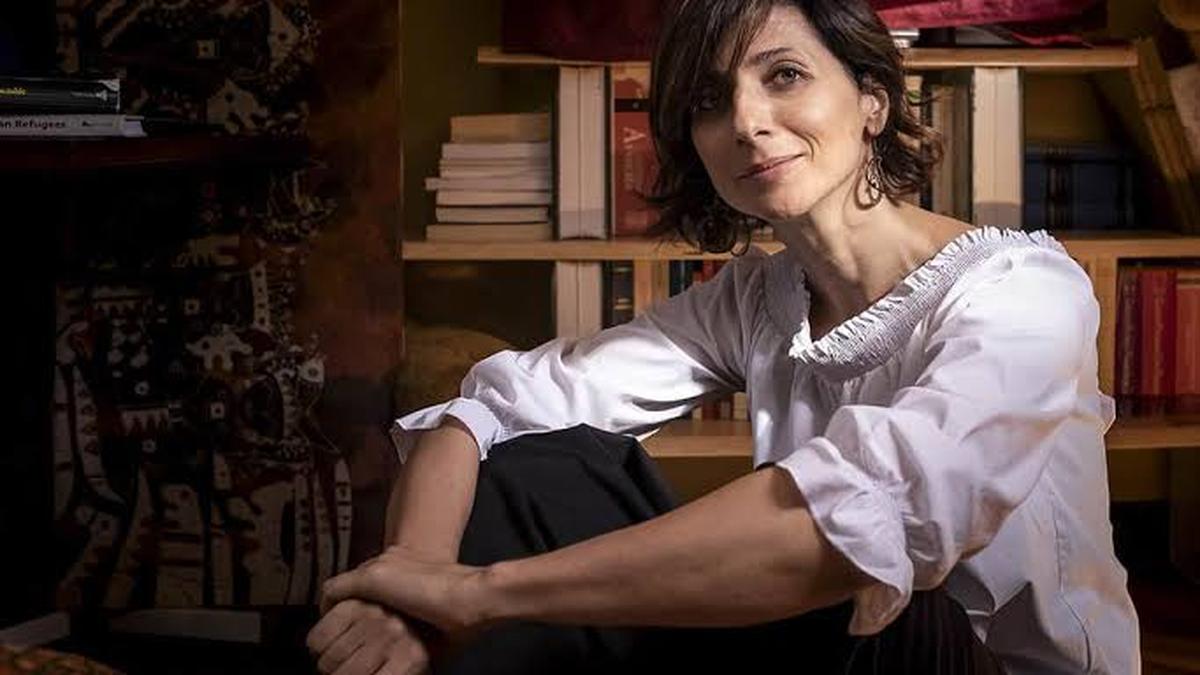
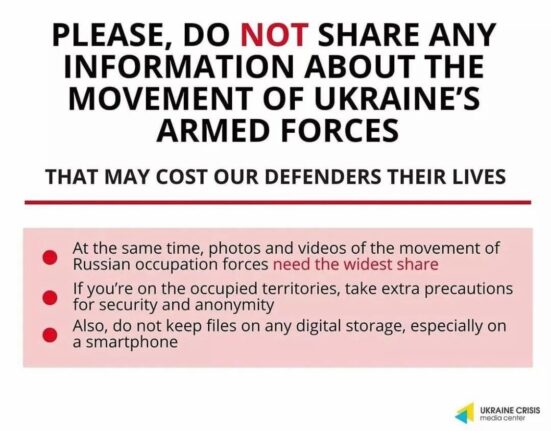
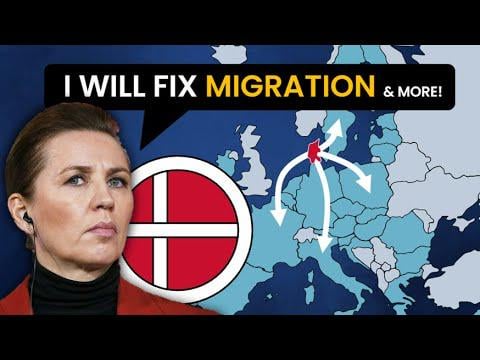

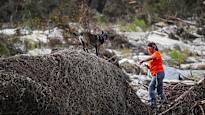

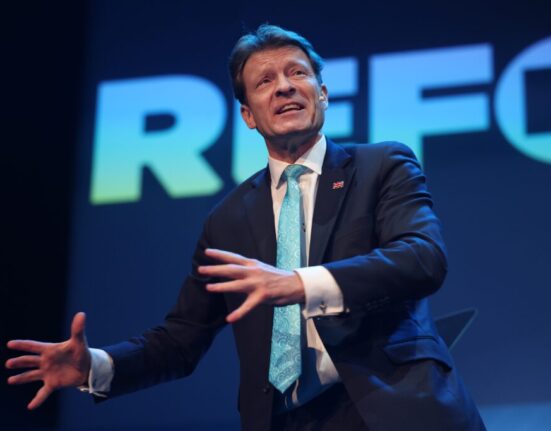
Leave feedback about this